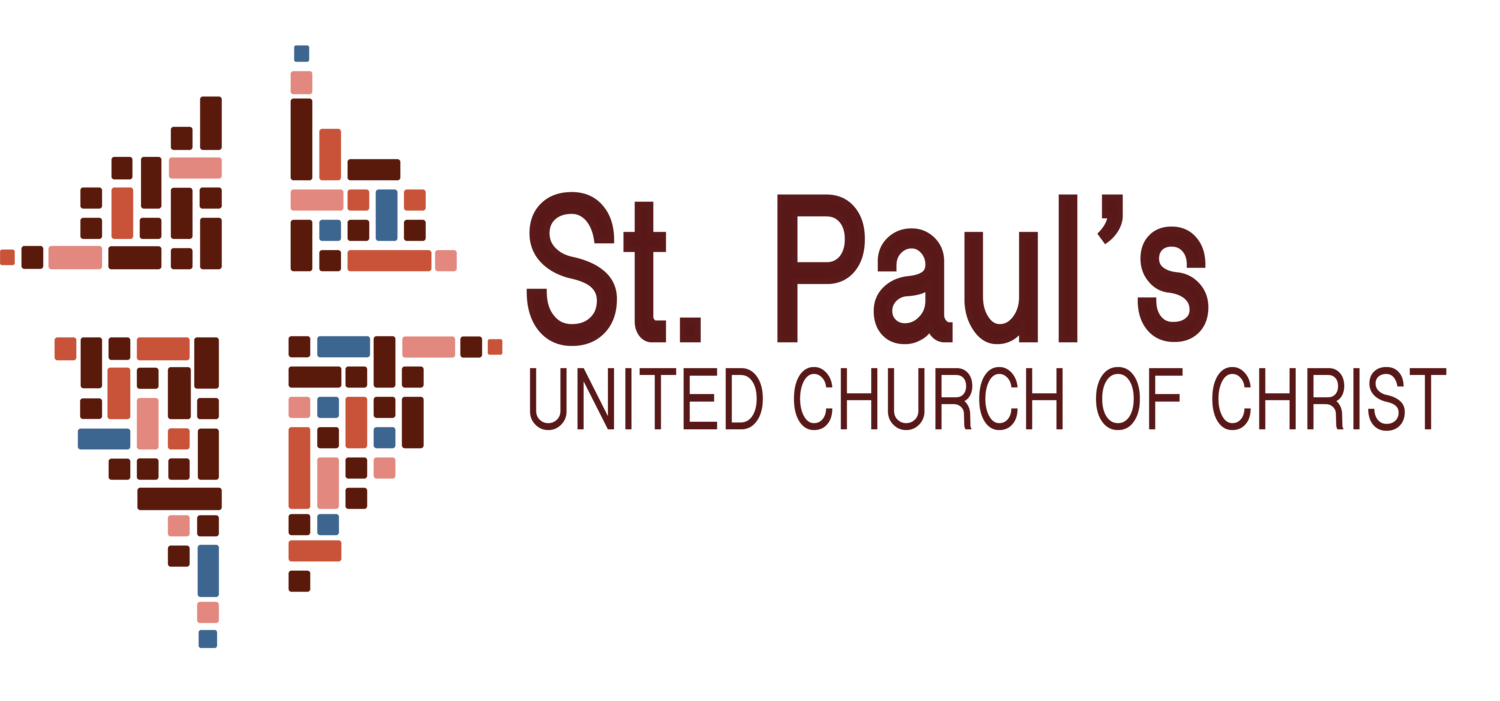A Lenten Reflection by Jake Pacha
Tuesday, March 12, 2024
I grew up Catholic, which included not only going to Mass every Sunday with my dad but also attending mandatory Ash Wednesday services at my Catholic school. Lent calls to mind scribbling things I would give up onto elementary school worksheets–”This year, I’m giving up pop for Lent”– and seeing ashes smeared all over everything in the classroom by the end of the day.
Friday fish fries from the local American Legion, the palm my dad would save from Palm Sunday folded in our railing for an entire year until the next Holy Week, and the internal pious satisfaction of sacrificing something are some of the images I remember from my childhood Lenten experiences. Our entire school, K-12, would gather in the high school gym for our all-school Masses and sing songs about wandering in the desert for 40 days and 40 nights. The sense of community, that we were people who were cast out and searching for direction, but together, is a powerful memory.
The Catholicism I internalized told me that to suffer and sacrifice was to please God. More than that, I also felt it purified me of the sins I accumulated. I knew I was a girl attracted to other girls since the age of 4, and somewhere in early childhood, so subtle that I can’t recall a particular memory of it–I was taught I was inherently evil for these sinful thoughts. Year to year, I felt differently about this shameful secret I hid inside, but the guilt, fear, & self-hatred was always somewhere in the background. I thought that if I caused myself to suffer, to hurt myself even just a little bit, it would help me turn away from these attractions and the other less savory parts of my character (my temper & lack of patience, to name a few!)
I still see some of my extended family approach Lent in this way. They clearly state what they are giving up on social media, and make a point of being visible at each week’s fish fry. It is the outward participation that marks the season for them. As I’ve moved through different spiritual communities, many of which have been Protestant denominations that do not approach Lent in the same way, my relationship to Lent has changed. First, I adamantly reject the idea that being LGBTQ is a sin to atone for. Second, I view Lent as a time to slow down and be in the wanting of the body & soul. I do not always give something up or add a practice to my days during Lent, and recognize to do so is a privilege.
For me, Lent is an inward journey that is marked by moments of communal participation. Ashes to ashes, dust to dust, we all must confront suffering and death, the lack of hope. Lent is a reminder to me that despite my upbringing, which discouraged the acknowledgment of pain, grief, and hopelessness–it is part of the human experience. We need time to sit with our pain, our doubt, our disappointment, and find the seed of faith within ourselves. We need time to be present with our dissociation, our denial, our urge to turn away from the tension between how the world is now and what God has promised us could be. This feels visceral to me right now in the state of our world as it is.
If I had to sum up my experience of Lent–or perhaps my personal theme from this year–it would be (there may yet be hope.) Taken from Lamentations 3:27-29, the parenthesis represent the unspoken yearning each of us has somewhere in our lives, underneath the “the silence the Lord has imposed” during this time. I will be reflecting on this verse as I turn inward this season:
It is good for one to bear
the yoke in youth,
to sit alone in silence
when the Lord has imposed it,
to put one’s mouth to the dust
(there may yet be hope)
Lamentations 3:27-29 (NRSV)


